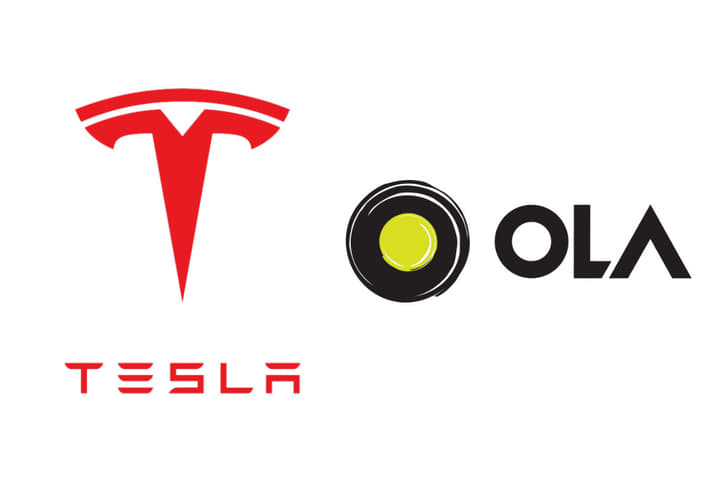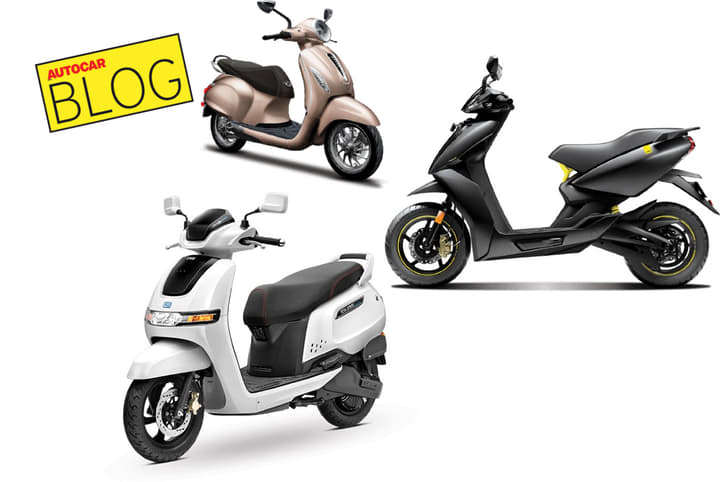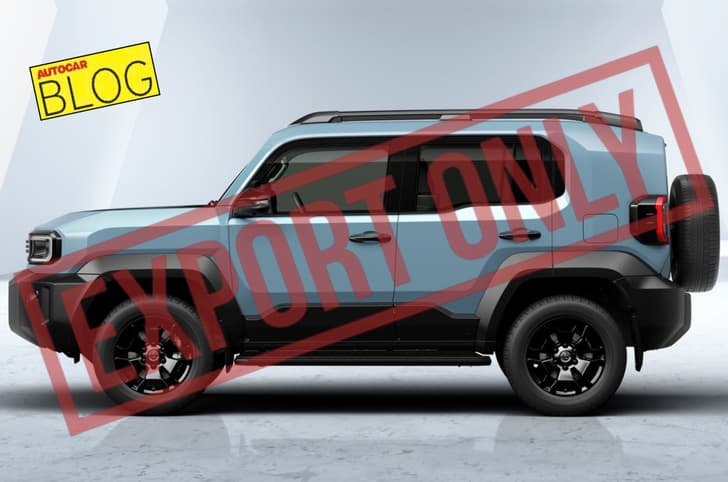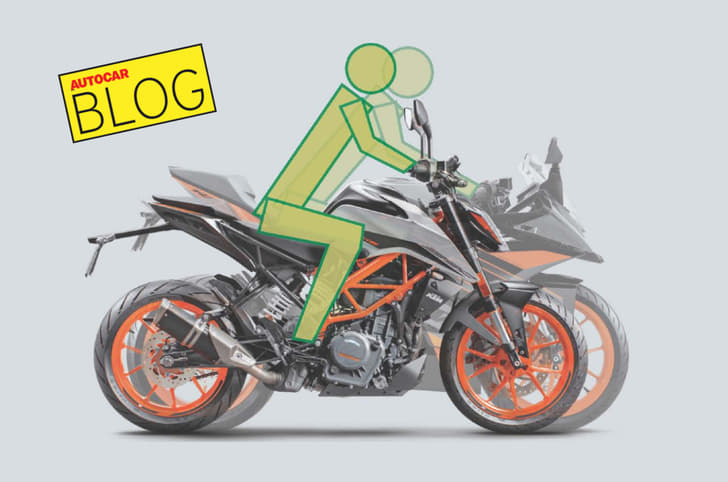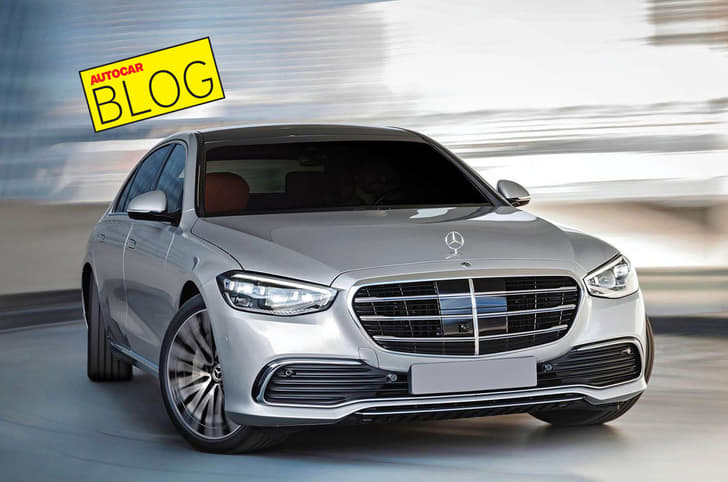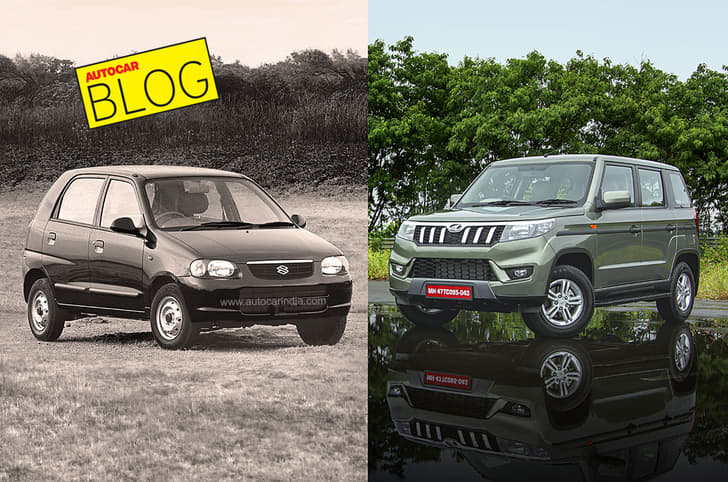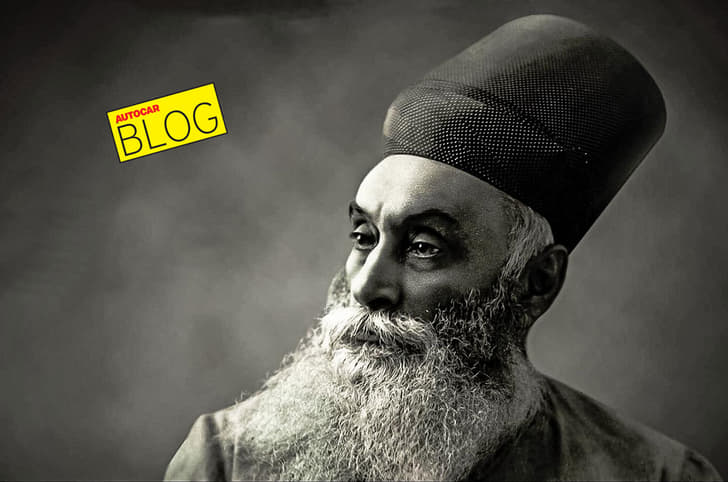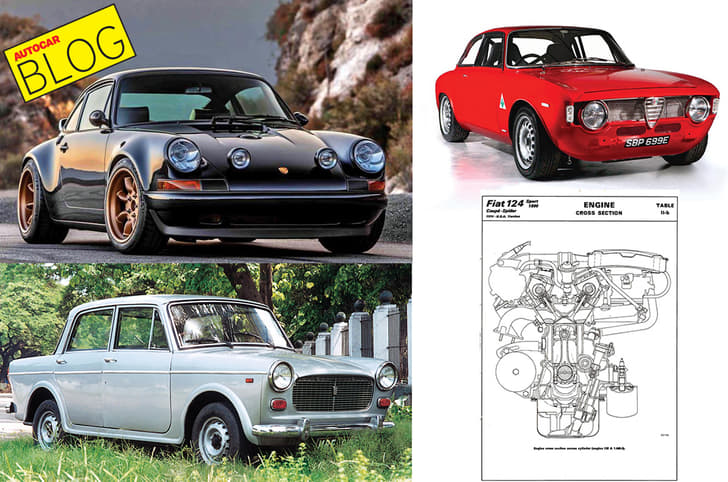Tesla and OLA are yet to sell a single vehicle in India, but they have managed to whip up much brouhaha already. Earlier this month Tesla had asked the Indian government to lower import duties on fully imported EVs – they are currently taxed at the same rate as IC engine cars.
Notably, Hyundai too backed this request, but OLA feels the government should not do so, with CEO Bhavish Aggarwal saying we should “have confidence in our ability to build indigenously and also attract global OEMs to build in India, not just import.”
Naturally, this has sparked much nationalistic debate about allowing a foreign player easy entry into our market. After all, why should outside firms be allowed an easier entry when they should instead ‘Make in India’. And this is a very valid point, as we must continue to increase our manufacturing economy; luxury brands like Mercedes and Audi have for long been making cars in India and so this isn’t something new.
However, getting brands to make their goods in India isn’t as easy as putting out a tweet or statement asking them to do so. The company’s background and size, the volume of local market demand, export potential, current manufacturing feasibility and support infrastructure and many other factors have to be considered. This holds true for EVs too, as they use completely different propulsion technology and require a completely different support ecosystem.
Thus, to really kick-start EV production in India, a tweaked import policy with lower duties could be just what the doctor ordered. And speaking of doctors, Dr. Pawan K. Goenka, former Mahindra MD – and according to his Twitter bio, ‘committed to Aatmanirbhar Bharat’ – also voiced his support, saying that he thinks the government should consider Tesla’s request and lower the 100 percent slab to 60 percent for EVs. For the record, there are two slabs – import duties on cars priced below $40,000 is 60 percent, and it is 100 percent for cars priced above $40,000. Tesla had asked for a reduction to 40 percent.
As stated earlier, Hyundai too backed Tesla's request, with the company MD and CEO, S S Kim, saying he thinks that with lower duties and more investment on charging infrastructure we can "in about two years reach a meaningful point in terms of scale for EV production". Being a large local manufacturer, Hyundai’s backing should also be taken seriously.
Also, interestingly, the government already offers some import concessions: it allows an import of up to 2,500 units per year without them having to be homologated in India, provided of course that they are RHD and homologated in other recognised countries. This is done to make it easier for international automakers to test-market their vehicles in India, and it also offers customers a wider choice of high-end vehicles.
Similarly, a volume-based concession or perhaps even a time-based one, or a combination of both, can easily be thought of in the case of EVs as well. These small concessions won't kill local automakers, but it can give a fillip to the EV movement, which only requires some concerted planning and effort rather than unilateral statements. In the end, India will be a global EV superpower not because we said so, but because we cleverly planned and did so.


